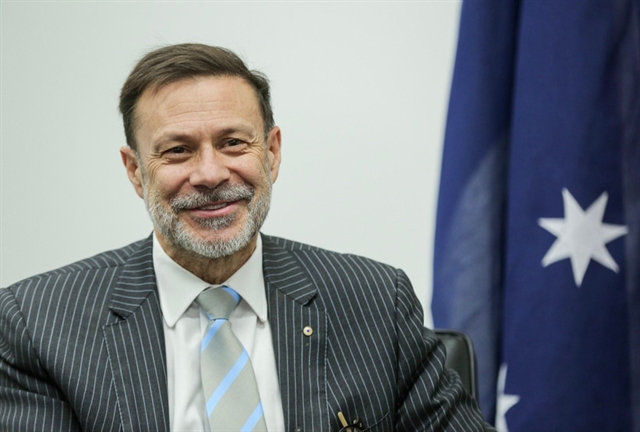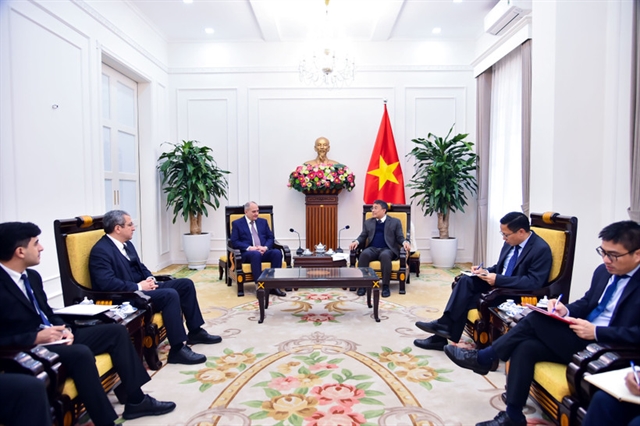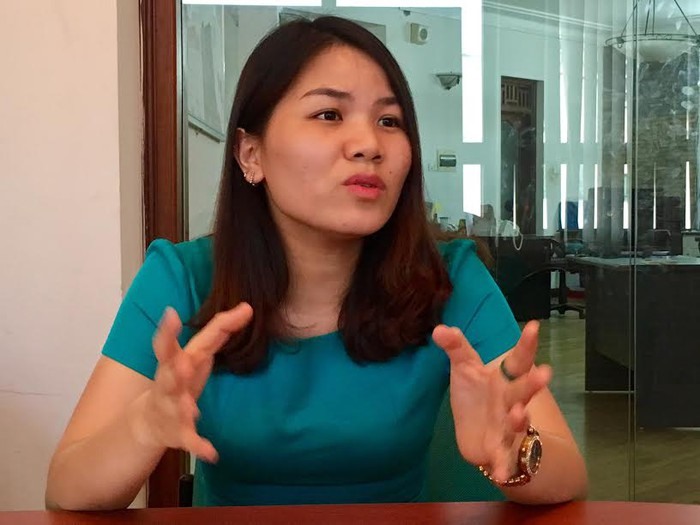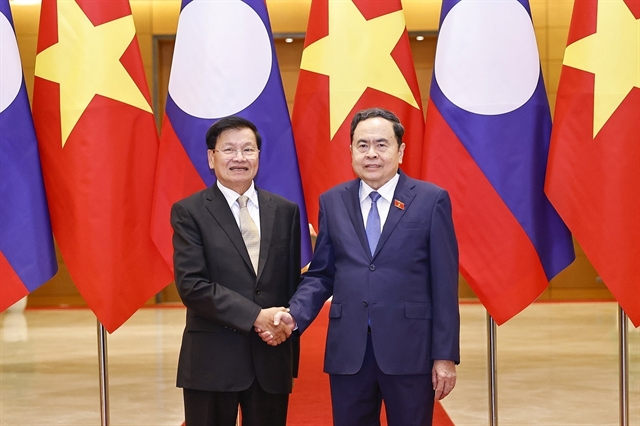 Opinion
Opinion

Bùi thị Hà, vice director of Education for Nature (ENV), speaks to Việt Nam News Agency about the status of ivory trafficking in Việt Nam and ENV's proposed measures on fighting trafficking

|
Bùi Thị Hà, vice director of Education for Nature, speaks to Vietnam News Agency about the status of ivory trafficking in Việt Nam and ENV's proposed measures on fighting trafficking
Can you give the real picture about illicit trading of ivory and ivory byproducts in Việt Nam?
According to an assessment by the Education for Nature (ENV), the current illegal trading of ivory and its byproducts in Việt Nam is very complicated. Việt Nam is not only a potential market for ivory consumption but also an important transition place in the trafficking of wild animals to other regional countries.
From 2010 to 2018, EVN recorded some 150 cases of trafficking of over 53 tonnes of ivory. Of the amount, more than 30 cases with a total weight of over 500kg of ivory were seized at both border gates and seaports.
However, the trading of ivory now is not as openly done as in the past in many traditional village markets, but functional agencies have still been able to detect quite a few of them and have seized a big amount of ivory.
Besides that, the internet has become a means for ivory traders to do their business illegally.
I have to admit that the seizure of illegal ivory only reduces the benefits for the trading criminals, and doesn't deter related crimes.
Why is Việt Nam a “centre” or transitional point for cross-border ivory trafficking?
Việt Nam is situated in a very good position for the trafficking of ivory in Southeast Asia.
From 2010 to 2018, some 150 trafficking cases were detected and seized, and traffickers in only 30 cases were brought to court. And only traffickers involved in 10 cases were sentenced to prison.
Though the amount of ivory seized was high, the handling of such illegal trading was very limited. From EVN’s point of view, Vietnamese functional agencies should get more involved in the fight against illegal ivory trafficking, and traffickers should be given due punishments.
Can you elaborate on your suggestion that Việt Nam should take stronger legal measures to “fill the void” in ivory trafficking?
In my opinion, the best deterrent is to give the traffickers heavy sentences.
I should say that the ENV has many times informed Vietnamese functional agencies about Vietnamese ivory traffickers on the internet. However, in many cases, these agencies have not properly evaluated the level of seriousness of those trafficking acts.
Adding to that, at present, Việt Nam is keeping some 50 tonnes of ivory that has been seized in State storage, and the authorities have not yet adopted any measures to solve this problem.
I should also say that in 2016, at the onset of the Hà Nội international conference on anti-wildlife trafficking, Việt Nam destroyed more than two tonnes of elephant ivory and 70kg of rhino horns which were illegally brought into Việt Nam. Such action taken by the Vietnamese authorities has been highly acclaimed by foreign countries.
The ENV’s point of view is very clear: all countries should join hands in the fight against the illegal hunting and trafficking of both elephants and Rhinos.
Do you think that Việt Nam’s Criminal Code on giving heavy sanctions to wildlife traffickers, particularly elephant ivory, is strong enough?
Under the 2015 Vietnamese Criminal Code which came into force on January 1, 2018, any trafficker found trafficking more than 2kg of elephant ivory will be sentenced to 15 years of imprisonment. This is a demonstration of Việt Nam’s political will in the fight against such serious crimes.
However, from the ENV’s point of view, we suggest that Việt Nam should focus more on detecting and giving due sanctions to the ringleaders of elephant ivory, rhino and products from other wild animals.
What’s more important, Việt Nam should take action to prevent the selling, buying and consuming of elephant ivory and give due sanctions to the culprits.
In addition, the ENV also encourages Vietnamese authorities to destroy a part of the elephant ivory being kept in storage. Such an action will demonstrate the country’s will to give harsh punishments to elephant ivory trafficking. — VNS





 Brandinfo
Brandinfo